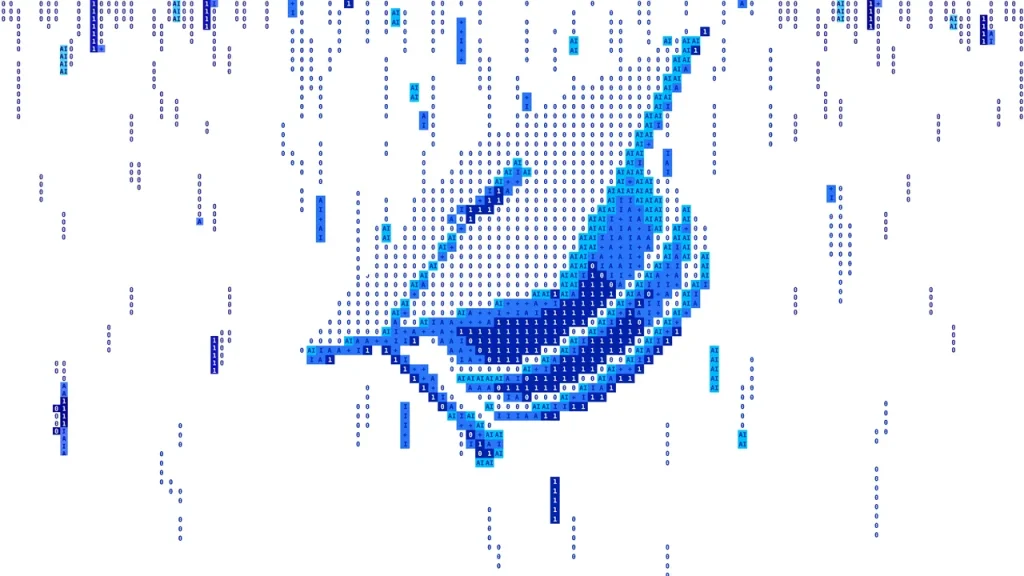What Happens When AI Changes the Landscape of College Writing for Student-Athletes?

With the rise of AI tools like ChatGPT, student-athletes, already balancing academics and sports, are seeing a shift in how their coursework is approached. These tools are revolutionizing the way assignments are done, from writing essays to organizing notes. For student-athletes, who often juggle intense practice schedules and travel, AI has become a time-saver, but it’s also raised questions about academic integrity and the purpose of education itself.
Take Alex, a student-athlete at NYU, who initially wanted to pursue a career in the arts but switched gears to become a C.P.A. due to his interest in more practical career options. In a short window between classes and study sessions, Alex relies on AI tools like Claude for research, DeepSeek for reasoning, and Gemini for image generation, just to keep up with his coursework. Like many student-athletes, Alex uses these tools to maximize his time—especially for non-sports-related assignments. While this helps him stay on track with grades, he admitted to using AI to craft quick responses to assignments.
For student-athletes like Alex, AI offers a new way to handle the demands of schoolwork, but it also brings up concerns. Many college courses still rely on traditional assignments like essays and papers to gauge student performance. With AI stepping in to perform much of the heavy lifting, it’s forcing educators to rethink what the value of a college education truly is.
AI tools can summarize texts, generate outlines, and even produce essays based on prompts. For student-athletes who face a rigorous schedule of training and competition, the ability to automate some of the work means more time for the physical aspect of their college career. However, it also creates a tension between effort and achievement—do they truly understand the material if they’re relying on AI to do the work?
While some professors have responded by implementing stricter policies on AI use, others are looking at the potential of AI as a complementary learning tool. For example, AI could be used in conjunction with in-person training to help student-athletes reinforce lessons or even streamline the process of understanding complex strategies or plays that overlap with academic subjects like sports management or psychology.
Navigating Academic Integrity with AI
For student-athletes, the boundary between helpful study tool and academic dishonesty can be a gray area. Some professors are now using AI-detection tools to flag submissions that appear to be generated by machine learning systems. However, for student-athletes, AI tools are simply seen as a means of maintaining performance in both academics and athletics. In a world where every minute counts, AI has become an indispensable assistant—yet it brings with it the challenge of maintaining authenticity and ensuring that learning, not just grades, are the true outcome.
The Impact on College Education
As AI continues to develop, the focus of higher education may shift. Traditional assignments like essays may soon be seen as outdated. The focus will likely move towards competency and skill development. For student-athletes, this may be an opportunity to improve both academic skills and athletic performance without sacrificing one for the other.
This shift also comes at a time when college sports are evolving rapidly, with changes to NIL (Name, Image, and Likeness) rights and compensation structures. As student-athletes become more integrated into the professional sports ecosystem, their education will increasingly need to reflect real-world applications and skill development.
AI could play a key role in this transformation by allowing students—especially those with demanding athletic schedules—to approach their education with greater flexibility. Instead of spending hours on traditional assignments, student-athletes might focus more on the skills they can apply in both their studies and their sports careers. However, with this change comes the need for more effective academic policies and clearer guidance on AI use to ensure that education retains its integrity.

